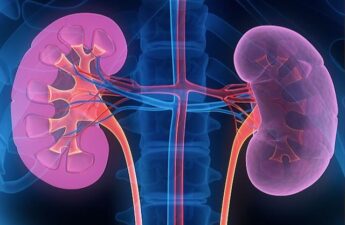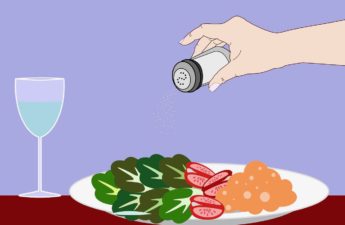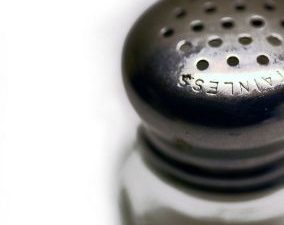Category: High Blood Pressure
Chronic kidney disease often goes undiagnosed, but early detection can prevent severe outcomes
In the U.S., the biggest contributors to developing chronic kidney disease are high blood pressure and diabetes. Up to 40% of people with diabetes and as many as 30% of people with high blood pressure develop chronic kidney disease.
UW researchers develop test to predict preeclampsia
Researchers at the University of Washington School of Medicine and the Fred Hutchinson Cancer Research Center in Seattle have developed an approach that can predict preeclampsia in pregnant women as early as the first trimester by using cell-free DNA in blood samples. Such a screening test could enable earlier interventions and help prevent the severe complications of preeclampsia.
Why the WHO has recommended switching to a healthier salt alternative
the main lower-sodium salt substitute is called potassium-enriched salt.
This is salt where some of the sodium chloride has been replaced with potassium chloride. Potassium-enriched salt benefits our health by cutting the amount of sodium we consume, and increasing the amount of potassium in our diets.
Both help to lower blood pressure. Switching regular salt for potassium-enriched salt has been shown to reduce the risk of heart disease, stroke and premature death in large trials around the world.
Many people don’t measure their blood pressure properly at home – here’s how to get accurate readings
Measuring your blood pressure at home means you can take readings over several days to get a better picture of your health, instead of one-off measurements at the doctor’s clinic. But it’s important you follow specific steps to get an accurate reading.
This salt alternative could help reduce blood pressure. So why are so few people using it?
It’s hard for people to change the way they cook, season their food differently, pick low-salt foods off the supermarket shelves and accept a less salty taste.
Now there is a simple and effective solution: potassium-enriched salt. It can be used just like regular salt and most people don’t notice any important difference in taste.
Remind me again, why is salt bad for you?
Salt is a chemical compound made of sodium and chloride, and this is the main form in which we consume it in our diet. Of these two elements, it’s the sodium we need to worry about.
Doctors Overlook a Curable Cause of High Blood Pressure
More than six decades after primary aldosteronism was first described in the medical literature, less than 1 percent of cases are diagnosed and treated despite evidence that it is a common cause of high blood pressure, or hypertension.
Eating Too Much Salt? Ways to Cut Back…Gradually
About 70% of the sodium you eat comes from processed (packaged) foods and restaurant foods.





